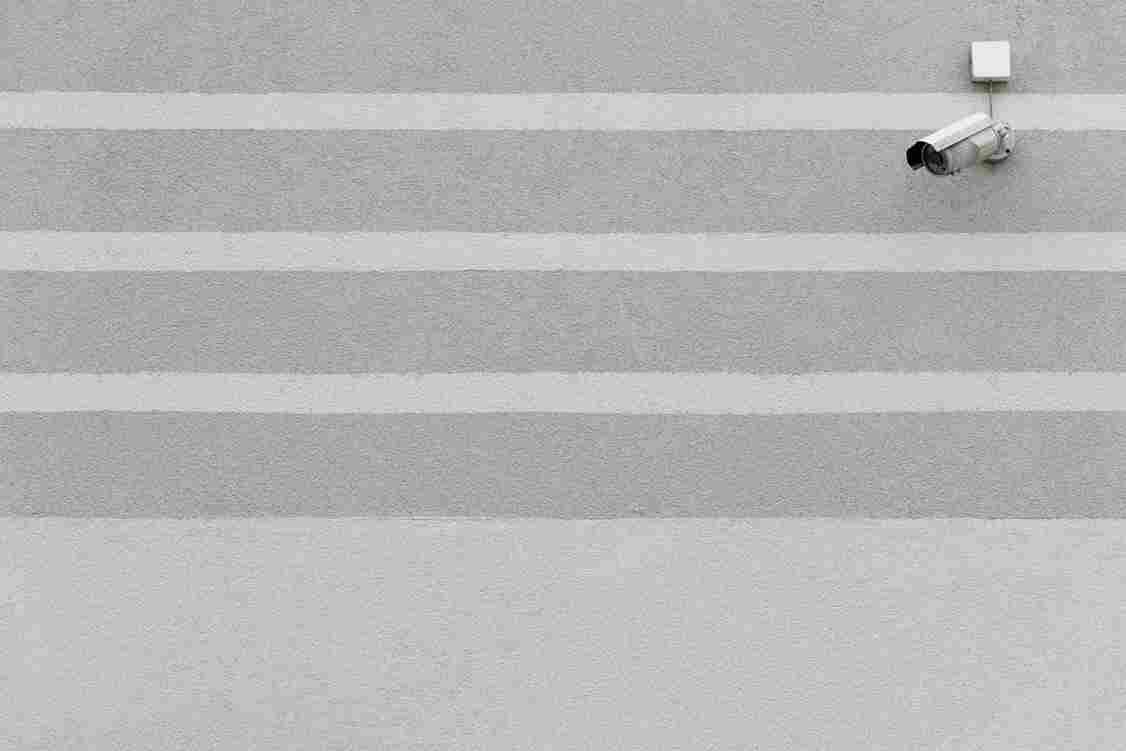Don’t you sometimes miss the good, old-fashioned Moral High Ground?
As a post-war baby, the world I was born into seemed a brave and righteous one. Our fathers had just fought and died to free us all from fascism and oppression. The world had paid a terrible price, but it was all worth it. In the end we won, and the Bad Guys lost.
God was in his Heaven, and he was on our side.
Don’t you sometimes miss the good, old-fashioned Moral High Ground?
As a post-war baby, the world I was born into seemed a brave and righteous one. Our fathers had just fought and died to free us all from fascism and oppression. The world had paid a terrible price, but it was all worth it. In the end we won, and the Bad Guys lost.
God was in his Heaven, and he was on our side.
And why wouldn’t He be? We were the guys who wore a white hat and a tin star. We never drew our six-guns first, and when we did we were always sure to shoot straight and fight fair, no matter what kind of mean and ornery varmint we were dealing with. We were the Free World, and God loved us for it. We would never suffer the dark, dystopian oppression of Orwell’s fictitious, futuristic society of 1984, where citizens were routinely monitored by government cameras positioned on every street corner (sound familiar?), and Big Brother processed and analysed our private conversations and communications (see Cambridge Analytica).
The Nazis were the ones who burned the books and tortured prisoners. The Soviets were the mean-spirited spies who bugged our homes and offices, and conspired against their neighbours. We, the Good Guys – the Aussies, the Americans and Brits, the whole Free World – would never stoop so low.
The judgements at Nuremburg emphatically confirmed there was always Right and Wrong, whatever any despot may declare, and each of us was duty-bound to take the righteous path, even at the cost of civil disobedience.
We were God’s people, and the Moral High Ground was our Promised Land.
Was it the truth? Or was the truth really what the sinister Marine Colonel Jessup defiantly insists in Rob Reiner’s excellent 1992 legal drama, A Few Good Men – “You can’t handle the truth!”? Was the truth closer to a convenient, collective self-delusion that saw us turn a blind eye while “those who guard the walls,” the ruthless agents of the state, clandestinely burned the books on our behalf, conspiring, spying and torturing in the name of a Free World?
On 11 September 2001, Islamic terrorists destroyed the Twin Towers of the World Trade Centre in New York City and, within days, the US President George W Bush declared a “War on Terror.” Six years later, in late 2007, the world would learn that, following 9/11, the US Department of Justice secretly authorised the use of “enhanced interrogation techniques” (read “torture”) in the interrogation of terrorism suspects. There followed an inane public debate on precisely what was and wasn’t torture, before the Bush administration eventually conceded a ban on the waterboarding of detainees, but only by the military, not the CIA. So now the Good Guys were torturing prisoners too, while the people of the Promised Land peered numbly through a window at a truth they were never meant to know.
On 4 June this year, police conducted a six-hour raid on the home of News Corp political journalist Annika Smethurst, investigating a story she wrote revealing moves by the intelligence agency the Australian Signals Directorate to expand secret electronic surveillance of Australian citizens. The very next day, in a separate investigation, police raided the Sydney headquarters of the ABC over a 2017 series reporting on alleged war crimes by Australia’s special forces in Afghanistan.
When an outraged press decried what it saw as a rise in cultural secrecy and intimidation of whistle-blowers and journalists, demanding a Right to Know, the government defended the raids as the independent actions of an agency doing its job to protect national security.
National security? Wow, that sounds serious, right? But what actually qualifies as “national security”?
In the wake of 9/11, security agencies throughout the West, including Australia, were gifted bigger budgets and broader powers in the name of national security. In 2004 the Australian Secret Intelligence Agency (ASIS) secretly used those powers to bug the office of the Prime Minister of Timor Leste (East Timor), a friend and trusted ally of Australia. Why? To gain the upper hand in negotiating a treaty which would see Australia share with Timor Leste the bountiful $40bn-$50bn underwater oil and gas fields in the Timor Sea.
National security? Really? Some would say Australia spied on its neighbour’s confidential discussions for nothing more than crass commercial gain, and exploited the information it gleaned to unfairly grab a bigger piece of the pie in the Timor Sea Treaty.
When Witness K, the former senior ASIS officer who led the bugging operation, exposed the sting in 2012, Timor Leste referred the matter to the International Court of Justice in the Hague, and retained Australian lawyer Bernard Collaery, a former Attorney-General of the ACT, to argue its case. Collaery announced he would call Witness K to give evidence but, in the lead-up to the hearing, ASIO agents and federal police swooped, launching a six-hour search of the homes of both Collaery and Witness K, confiscating many of their documents. In the process, the officers reportedly produced a warrant, mostly blacked out, which noted the purpose of their search as “national security.”
Of course, the question of what is or isn’t necessary to secure a nation will always be a matter of opinion and perspective. Some folk may have a very different view of that to us. But if our intelligence agencies think it should include Australian snoops spying on an impoverished Asian neighbour to grab an unfair advantage in an essentially commercial negotiation, or torturing prisoners to get information, or committing war crimes, I guess most of us would like to know.
In fact, maybe – like the media are saying – we have a right to know.
First published in Ocean Road Magazine, Summer 2020













